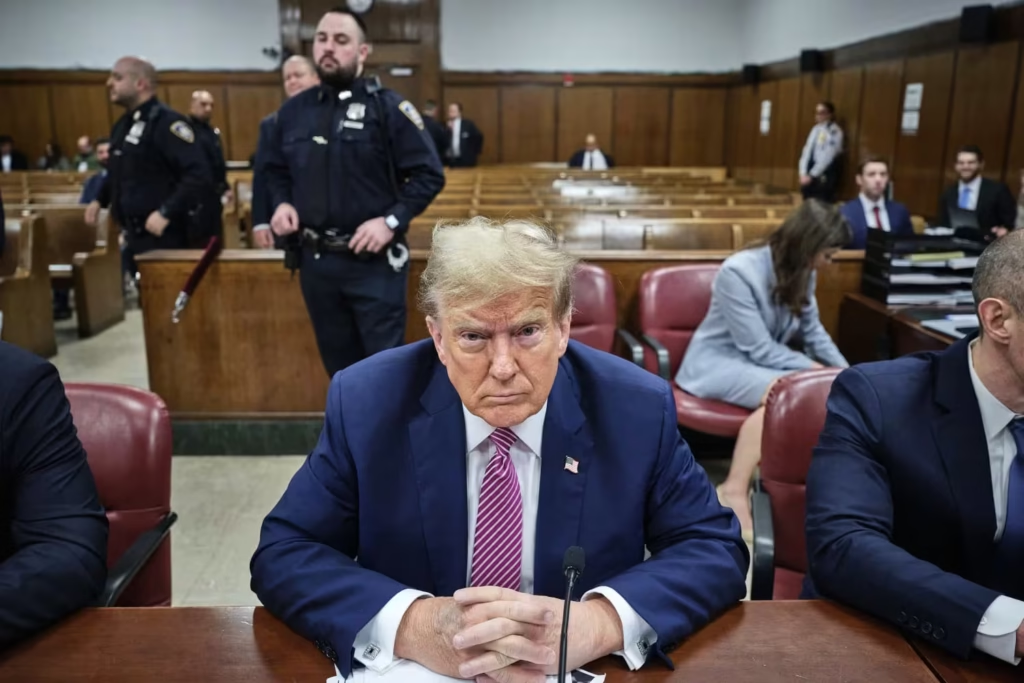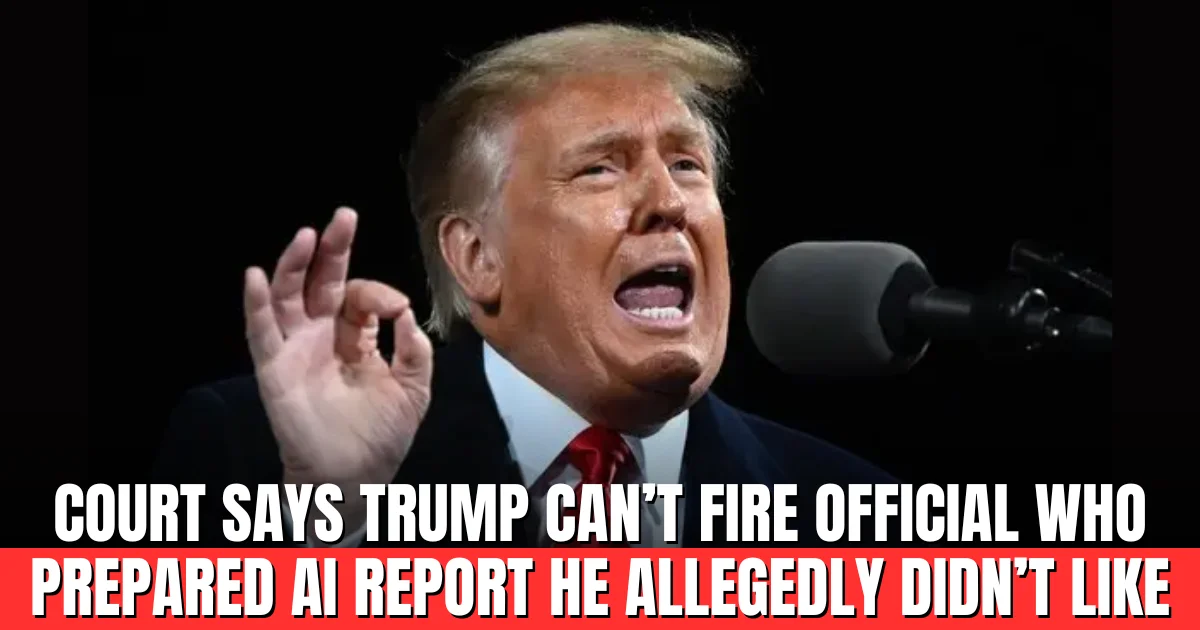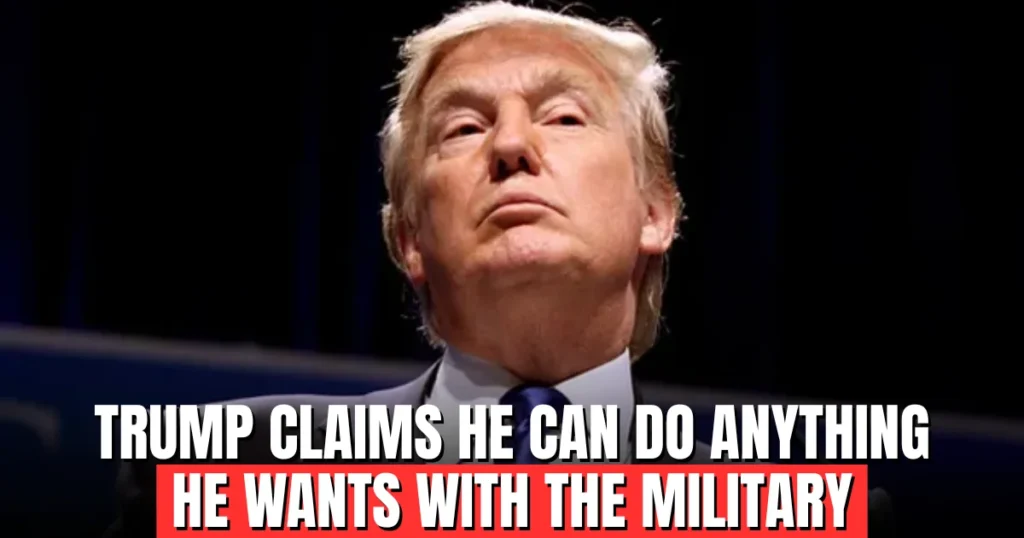A U.S. appeals court blocked Donald Trump from firing top copyright official Shira Perlmutter over an AI report he allegedly disliked, ruling that the president exceeded his constitutional authority.
Table of Contents
Appeals Court Rules Trump Cannot Fire Top Copyright Official Over AI Report Dispute
Introduction
In a significant legal setback for former U.S. President Donald Trump, a federal appeals court has ruled that he cannot remove the nation’s top copyright official, Shira Perlmutter, after she prepared an AI usage report for Congress that he allegedly disliked. The decision, delivered by the D.C. Circuit Court of Appeals, raises new questions about presidential authority, executive overreach, and the separation of powers between government branches.
The Controversy

Shira Perlmutter, appointed as the Register of Copyrights in 2020 by the Librarian of Congress, claimed she was unlawfully dismissed by Trump in May 2025. Her firing followed the preparation of a congressional report on artificial intelligence, which, according to her lawsuit, Trump strongly opposed.
In response, Trump installed his Deputy Attorney General, Todd Blanche, as the acting Librarian of Congress and later appointed Paul Perkins to replace Perlmutter. However, the court found these actions likely violated constitutional authority.
Court’s Decision
In a 2-1 ruling, the appeals court concluded that the Register of Copyrights falls under the legislative branch, not the executive branch, meaning the president has no legal authority to remove her.
Judge Florence Pan, writing for the majority, stated:
“The President’s attempt to fire an official from the Legislative Branch — without statutory power — threatens the balance of power envisioned by the Constitution.”
The court emphasized that only a Senate-confirmed Librarian of Congress can remove the Register, not the President of the United States.
Implications for Trump’s Executive Power

This ruling is part of a broader legal battle testing Trump’s presidential powers over independent agencies and legislative appointees. While the Supreme Court has historically upheld a president’s right to remove certain officials, this case presents new constitutional challenges due to the separation of powers.
Judge Michelle Childs joined the majority opinion, while Judge Justin Walker, a Trump appointee, dissented, arguing that previous Supreme Court precedents favor Trump’s authority.
AI Report at the Center of the Dispute
The report in question focused on artificial intelligence and its potential impact on copyright laws and content ownership. Sources suggest that Trump opposed several recommendations in the report, fearing they could restrict corporate AI adoption and tighten federal regulations.
This clash highlights how AI policymaking is increasingly becoming a political battleground, with Congress, courts, and the White House often at odds over regulations and innovation policies.
What’s Next?
For now, Shira Perlmutter will retain her position as the nation’s top copyright official. However, the Trump administration is expected to appeal the decision, potentially sending the case to the Supreme Court.
The ruling sets a crucial precedent for executive power limitations, reinforcing that presidential authority has boundaries — especially when it comes to legislative branch officials.
Final Verdict
This case represents more than a simple employment dispute; it’s a landmark battle over AI governance, executive authority, and the separation of powers in the U.S. government. As the role of AI policy expands, this decision could shape future debates on how far a president can go in influencing technology regulation and legislative appointees.

